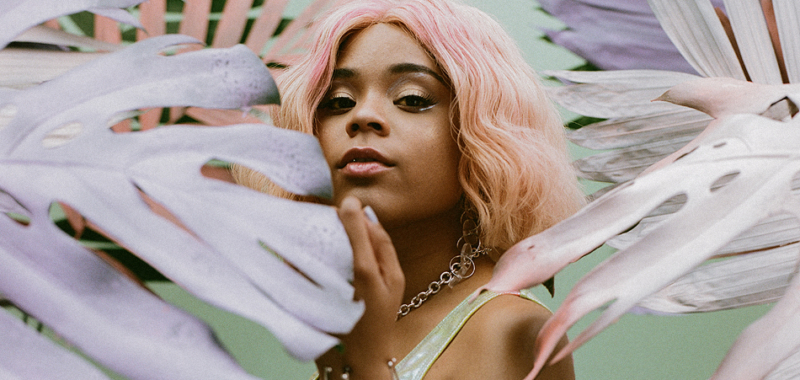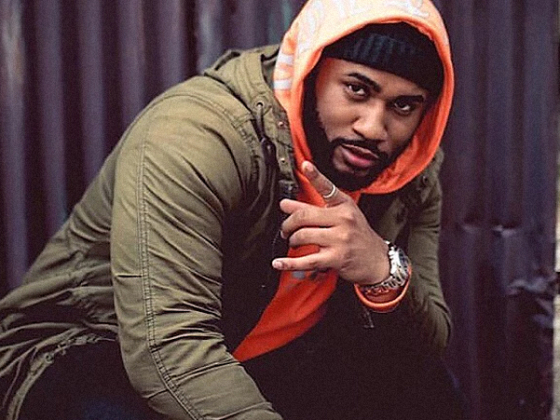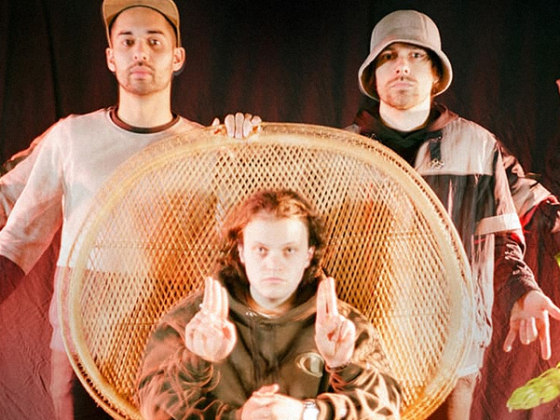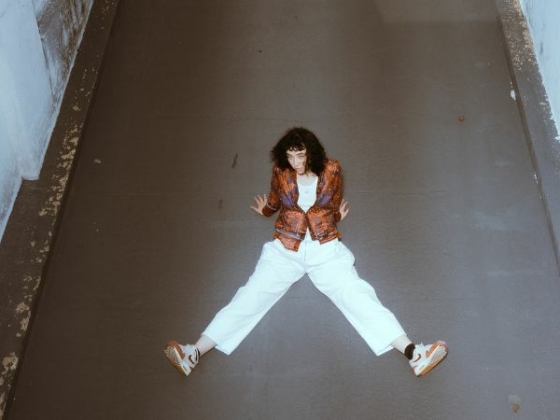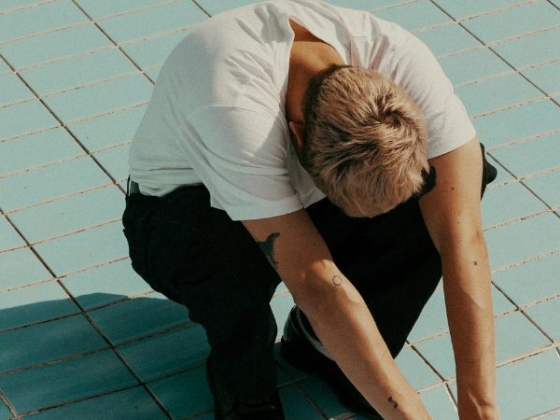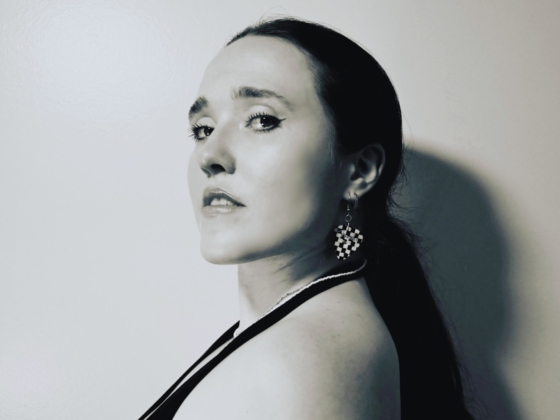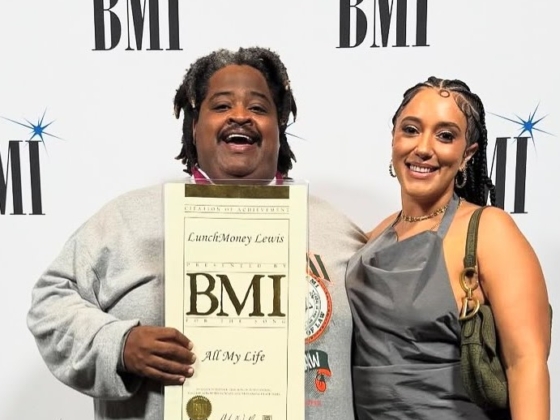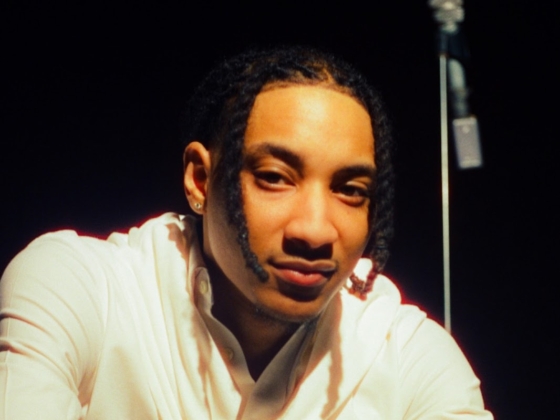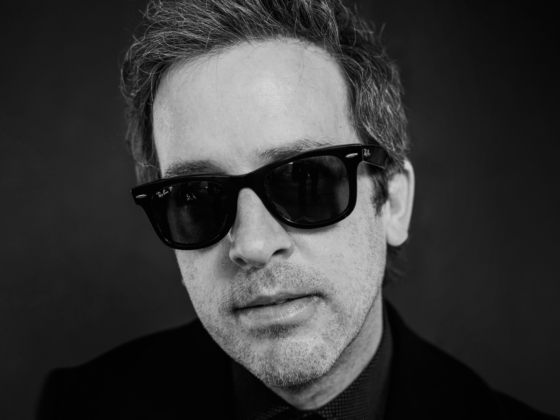Tayla Parx was brought up singing in the church as a child, back in her home state of Texas. As most of these southern choir origin stories go, Parx, now 25, could have easily followed the gospel route or detoured over to R&B, but it didn’t really work out that way. When she was around 11 years old, she began spending more time in Los Angeles where she fell in love with pop music. Having had the time to listen, learn, and grow, Parx has manifested that love into her debut album We Need To Talk (out April 5th via Atlantic Records).
In February, Tayla became the first female songwriter to have three songs simultaneously in the top 10 of Billboard’s Hot 100 since 2014. One of those songs, Panic! at the Disco’s “High Hopes,” has spent the most time at the top of Billboard’s Adult Pop Songs chart out of any other song this decade. Even before she knew she’d have writing credits on two record breaking number one singles with Ariana Grande (“7 Rings” and “Thank U, Next”) making history was always part of her plan. “I want to do the things that have never been done before,” Parx told EARMILK, “because somebody’s going to do it.”
Her external work bounces from pop, to rock, to country, both in the indie and mainstream spaces. For a while, Parx was comfortable building her portfolio working in creative spaces, regardless of whether or not she received widespread recognition for the work and impact she was making. But then it dawned on her, “if I continue to allow other people to take credit for the things that I’ve been doing for myself, then it doesn’t inspire the next person and let them know you can do the same–but take it to the next level.”
From her early days of teaching herself record and vocal production using Logic Pro to every TaylaMade project that has been created in the time since, Tayla’s attitude has been one of determination and confidence. When it came time to develop herself as an artist in her own right, the singer found sanctity in taking chances. The message she discovered within herself that she puts forward most in her work is to “stop being so scared all the time.”
Tayla recalls the most successful songs that she’s had in her life, both as a lead artist and a songwriter, as being the ones that were created when her co-creators and label were all fearless. “I think that most artists are held back for the simple fact that they’re scared, labels are scared, publishers are scared,” she said. Parx embraces risk taking, a product of her drive to be both exceptional and impactful, saying “I want to look back years from now and say [we] can pinpoint how I’ve affected my culture.”
In her time spent as a student of the music industry, Parx had the opportunity “to learn [and] to have conversations with artists that I’ve worked with and really get their perspective” on the good and bad elements of the trade. She says there’s something to learn from everybody, and she’s learned from some of the best, citing “talking about publishing with Mariah Carey” and “about … honesty with Ariana [Grande].”
The process of creating We Need To Talk stretched over the course of two years, and three cities (London, New York, and L.A.). In traveling Tayla recalls being able to “let life happen to me and write it out.” She learned to use each experience as an opportunity to grow and learn more about herself. The bulk of that time wasn’t spent writing the album, Parx mentioning that it takes only about an hour for her to pen a song. Rather, the polishing of the project and the development of its colorful and sometimes psychedelic visual elements took the longest.
Of the length of the process, Tayla said: ”I’m extremely particular because I hold myself to very high standards when I create my music. We’re trying to do something that is unique, and we’re trying to do something that is honest … I want to hold my entire creative team to that level, because when I step into the studio I hold myself to that level.”
“The fact that I still listen to a song two years later when I write 200 songs a year says a lot to me,” Tayla said of knowing which tracks to include on her debut project. We Need To Talk is comprised of 15 tracks, four of which are interludes. The tracks are brief for the most part. Most of them, like “Slow Dancing” and “Afraid To Fall,” don’t even make it past the three minute mark. “You don’t want to drag it out. Say what you need to say and leave it there,” Tayla said of the straightforward nature of the album. “I’d rather make music the same way that I listen to it. Most of the time I’ll listen to that one hook or that one part that I just love, and most of the time I’ll just skip it after that.”
This tactic is most effective on We Need To Talk’s R&B cuts, like “Dirt” and the emotional ballad “Easy.” Parx’s delivery draws you into her storytelling, providing you with only the necessary details to get you hooked and invested in her story. Her genre-hopping is also ever-present. We see the singer move into electro territory on “Me vs. Us” and dip into folk-pop on “Read Your Mind,” which features DUCKWRTH. Cautious Clay (“Disconnected”) and Joey Bada$$ (“Rebound”) also appear as featured artists on the project. “Disconnected” and “We Need To Talk” both take interesting risks in production, with alterations in speed and vocal distortions.
“I make quirky R&B music. I make quirky pop music. I dress in a quirky fashion. I’m a pretty quirky person in general, just because I’m silly. I like to have fun, I don’t like to take myself too serious. You can hear it in my music, you can see it in my fashion, you can see it in my music videos as well.” This is Tayla Parx the artist, not just Tayla Parx the self-taught songwriter and producer. We see it in her sassy and clever delivery of “Homiesexual” and the bright pop of the classic-sounding “I Want You.”
We Need To Talk marks the arrival of an artist ready to break rules and make history with her music, both in and out of the spotlight.
You can catch Tayla Parx on tour with Lizzo this spring. More information available here.
Connect with Tayla Parx: Twitter | Spotify | Instagram | YouTube | Facebook

